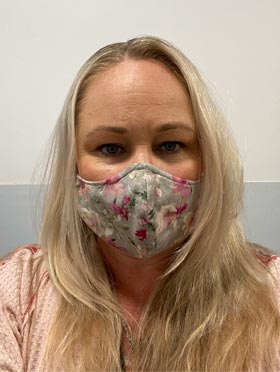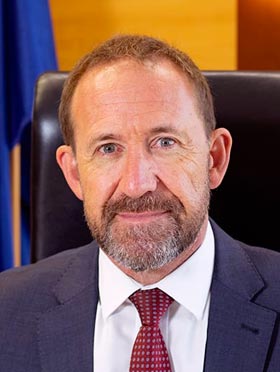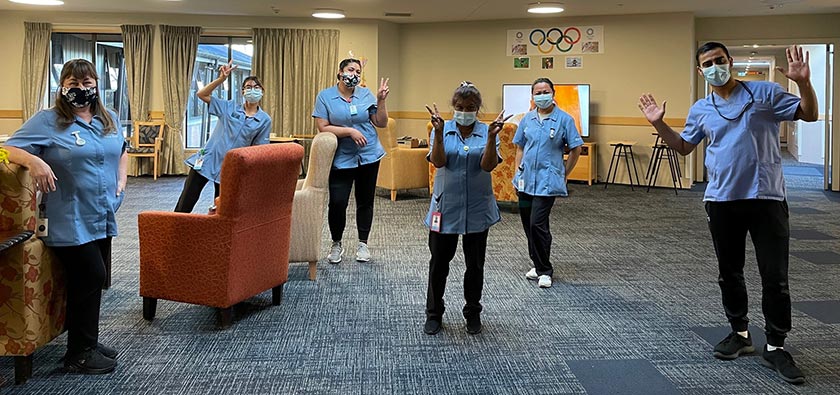

But Minister of Health Andrew Little says aged care nurses are “the backbone” of the system and he is committed to pay parity once the pay equity claim is settled later this month.
Chair of the College of Gerontology Nursing Natalie Seymour said she was “100 per cent reconsidering” staying in aged care nursing, after working up to 70 hours a week for the past few weeks, filling night shifts on top of her day work.
The New Zealand Aged Care Association (NZACA) estimates the shortage has grown to 1000 full-time nurses – 20 per cent of the workforce.
“I can’t keep working the hours that I am doing, it is placing me at risk of becoming one of the statistics – nurse leaving the workforce due to fatigue and burn out,” Seymour said.
“I am not alone in this and there are many facilities which are doing the same thing,” Seymour said. Both she, a registered nurse and hospital service manager, and her clinical nurse manager had been juggling night shifts on top of their day shifts, snatching sleep in between shifts.
Seymour said all nurses should be treated equally, no matter their sector – yet aged care nurses were paid an average of $10,000 less than those in district health boards, according to the NZACA. “We are all nurses and should all be treated equally regardless of what sector we are working in,” Seymour said. “I will always stand with my team and advocate for them, but it is bigger than one person and something needs to change.”

COVID-19 had stopped the flow of internationally-qualified nurses (IQNs) who comprised up to 70 per cent of aged care staff, according to the NZACA. This had led to more shortages and stress on remaining staff, Seymour said.
Current work would help in the long-term, but urgent action was needed now, she said.
Little said the Government was committed to pay parity between nurses working for DHBs and other parts of the publicly funded health sector, including aged care facilities.
“Nurses working in aged-care residential centres are the backbone of our health system and this Government is committed to paying them fairly.”
However, the Government first needed to settle the pay equity claim by DHB nurses, due this month. “That is what will make a real difference to the wages of nurses right across the country,” he said. Negotiations were “well under way, and I look forward seeing nurses being paid what they’re worth, no matter who they work for”, Little said. “The health system and the people who work in it have been under pressure for a long time, working long hours with not enough people, and having to deal with more and more patients” he said. “They have held the health system together, but they can’t keep doing it forever.”
NZNO organiser Laura Thomas said even passionate staff were leaving. “The reason they start leaving is that it’s just so hard to do a decent job with less staff. People who actually really care about the residents are just finding it too difficult to keep it up.”
NZNO industrial advisor aged care Lesley Harry has said a fragmented sector with low union density made it hard to attain collective agreement. Safe staffing was as important as pay parity, she said.
NZNO-E Tū’s joint petition on aged care safe staffing can be signed here



